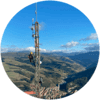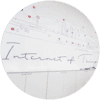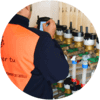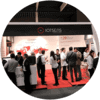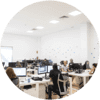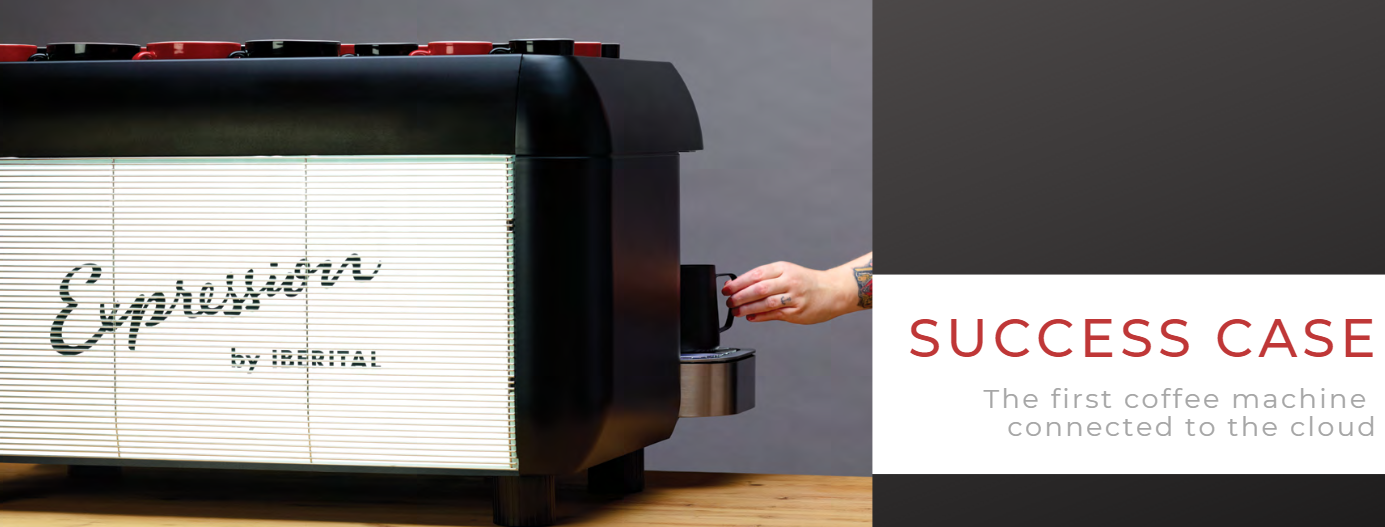There is an upward trend towards customized solutions if we compare it to commercial solutions and we have made a brief analysis about the benefits of ad-hoc solutions with regard to those already developed.
A customized solution is one that is designed, planned, developed and used for a specific purpose, with the mission of being optimized, efficient, and having only the necessary functionalities and features, thus avoiding those that are not adequate or functional for a specific project. Generally, this structure facilitates a greater productivity and optimization of resources.
What are the main advantages of an ad-hoc solution?
- Adaptability: By developing a solution based on specific needs of a project, it is easier to meet all the needs and therefore, to make it a more productive tool.
- Modularity: Normally, companies that implement customized solutions face a great investment. In this model, there is the possibility of developing only the necessary modules and functionalities in the first stage and adding functionalities in the following stages when the budget allows and the business improves.
- Competitiveness: By creating a customized solution that fits the needs of the project, the company is ensure differentiation by having a unique solution and gets a more competitive position.
- Ease of maintenance: The tool developed will only have the functionalities required in its activity. Due to the lower number of functionalities, maintenance and updating will be easier.
When to propose a customized development?
The application of customized solutions is not always the best option since this will depend on some operational characteristics. We have identified several situations in which it is favorable to propose the development of an ad-hoc solution:
- When market solutions do not meet the needs of the company or the project in particular and the company needs to monitor new unusual variables in the market.
- When the amount of data to be managed is large and complex processes are required.
- When the activities to monitor are repetitive.
- When obtaining data is complex and there is a need to simplify times.
- When re requires reducing errors in the process of obtaining data.
How is the creation process in IoTsens?
- Understand the needs of the company or project: First, we do a study together with the client to analyze what are the project requirements and which are the problems to cover.
- Search for an IoT solution: Our pre-sales team do the consulting work applying the know-how of years of experience to find a solution that fits the requirements and deadlines of the project.
- Design of the IoT solution, hardware and software: Once the characteristics of the solution have been defined, we begin to work on the development and design of the prototypes.
- Information during the production process: When the product is in production the client is kept in the loop of the status of the order and informed of the status of the order.
- Delivery: Delivery of the solution within the deadlines agreed nationally and internationally.
- Long-term technical support: After sales service and support is one of the strengths in the IoTsens strategy, giving long-term support that adds value to the solution.
Even there are many advantages in the application of personalized solutions, mainly we highlight a disadvantage, the initial investment for the company. Although the cost is higher, companies are more satisfied with the functionalities of customized solutions over the time. This is the case of Iberital, the coffee machine producer that developed the first connected coffee machine.
More information on the following Success Case:

